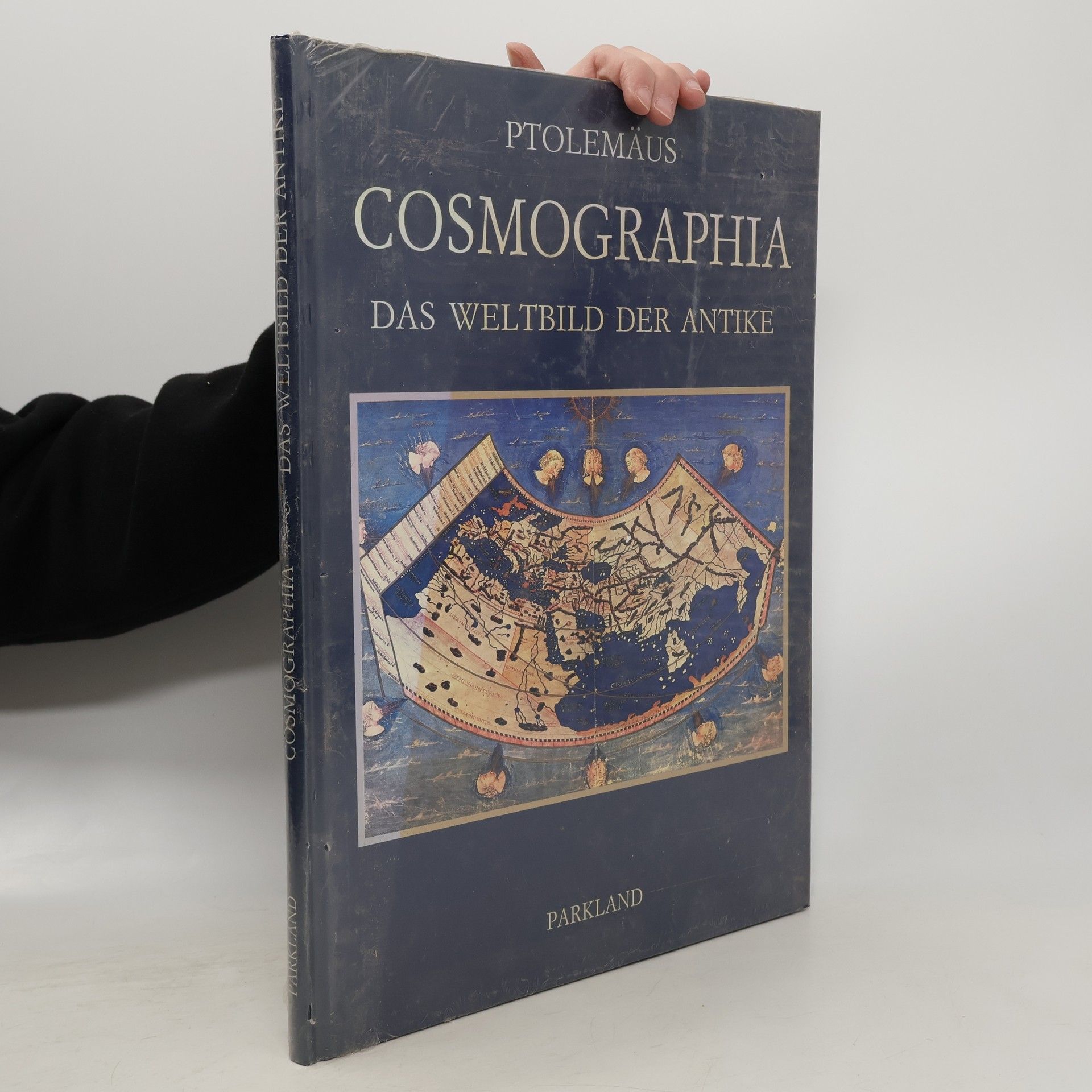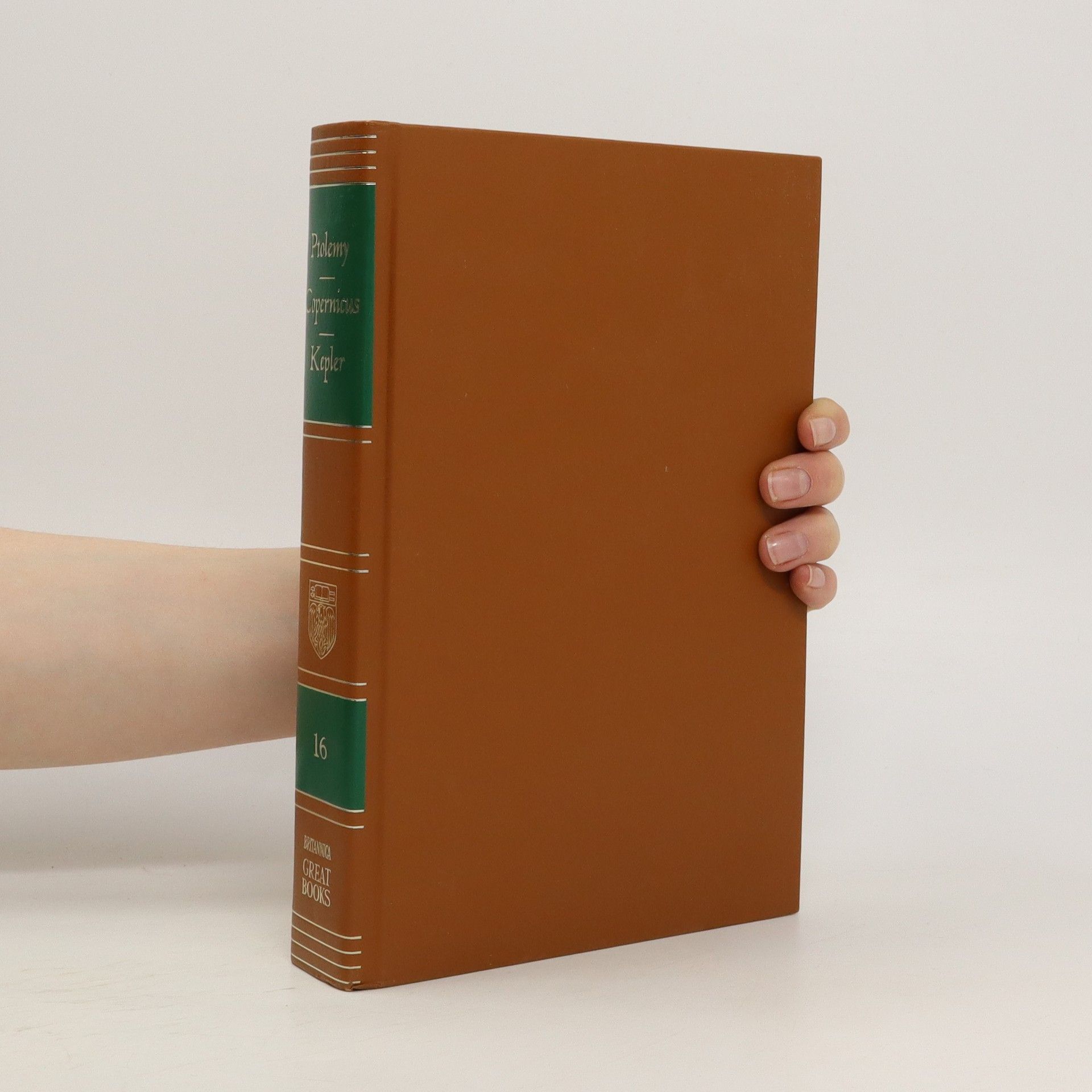Ptolemaeus wurde um 100 n. Chr. geboren, lebte in Alexandrien als Geograph und Astronom, wo er um 178 starb. Mit seinen Tetrabiblos, was soviel bedeutet wie Buch in vier Abteilungen, vermachte Ptolemäus der Mit- und Nachwelt ein zeitloses Dokument der Astrologie. Er stellte die von jedem nachprüfbaren Erfahrungstatsachen unter kausalen Gesichtspunkten neu zusammen und schuf so ein großes Lehrbuch. Zahlreiche der noch heute gültigen Begriffe und Regeln wurden aus der Tetrabiblos abgeleitet. Durch seine klaren Definitionen wurde die Astrologie erstmals systematisiert. Außerdem erfaßte er erstmals alle Strömungen des astrologischen Wissen und formte sie zu einer Synthese. Auf ihn geht die Begründung des Tierkreises ebenso zurück wie die Deutung der Planeten. Die Tetrabiblos waren für 1500 Jahre die „Bibel der Astrologen“. Ein Werk von zeitloser Gültigkeit. Astrolog: „Es ist Ptolemaeus in seinen Tetrabiblos gelungen, aus dem Wust der damalige astrologischen Regeln ein einheitliches, menschenbezogenes Deutungskonzept zu schaffen, wie es nach ihm bis in unser Jahrhundert keiner mehr zustande gebracht hat. Im Gegenteil, sie alle, die sich nach ihm als astrologische Autoren profiliert haben, bezogen sich immer mehr oder weniger bewußt auf ihn. Die “vier goldenen Bücher„ sollte man also auch als Astrologe am Ende des 20. Jh. kennen!“
Claudius Ptolemaeus Bücher






Ptolemy's Almagest
- 712 Seiten
- 25 Lesestunden
As a cornerstone of astronomy, Ptolemy's Almagest has shaped scientific thought for over a millennium. This translation, rooted in Heiberg's standard Greek text, offers an accessible version for English readers, enriched with corrections from medieval Arabic translations. Extensive footnotes highlight recent advancements in understanding, particularly through Babylonian records. The work serves both as an independent interpretation and a valuable resource for those studying the original Greek text, making it a significant addition to the history of science.
Eight works or parts of works were ascribed to Manetho, a third century BCE Egyptian, all on history and religion and all apparently in Greek. They survive only as quoted by other writers and include the spurious Book of Sothis. The Kings of Thebes (in Egypt) and the Old Chronicle are doubtful.
The Almagest
- 264 Seiten
- 10 Lesestunden
The Almagest is by far the greatest work in astronomy in ancient times. In a massive series of thirteen books, Ptolemy shows how every detail of the motions of the sun, moon, planets, and stars can be expressed using geometrical models that can be used to compute celestial positions with remarkable accuracy The present selection covers all the essential features of Ptolemy s treatment of the heavens, omitting only more difficult and abstruse matters such as the moon s motion and the calculation of eclipses. In the interest of conciseness, development of planetary theories is restricted to two planets, one inferior (Venus) and one superior (Mars). Ptolemy s text is accompanied by extensive notes and introductions that are aimed at making the book accessible to students encountering Ptolemy for the first time. This edition is designed to provide everything needed for a one-semester course, or it can be a component of a more general course on planetary theory or history of astronomy."
Tetrabiblos, Book Two
- 96 Seiten
- 4 Lesestunden
The Tetrabiblos, Book Two is the second part in a four-part series on Astrology and Apotelesmatics. A great ancient survey text, Ptolemy covers many topics in this second book. He starts to handle individual birth charts in this book, whereas Book One focuses mainly on general Astrology.
Tetrabiblos, Book 3
- 116 Seiten
- 5 Lesestunden
Tetrabiblos, Book 3 is the third part of a four book series on astronomical prognostication. In this book, Ptolemy looks into Parents, Siblings, Twins, Marvelous Monstrosities, Atrophy, and the controversial length of life calculation.
This groundbreaking translation of Ptolemy's work offers direct access to the original ancient Greek text alongside the English version. Readers can explore a wealth of knowledge that has been previously unavailable to English-speaking audiences, making this edition a significant resource for scholars and enthusiasts alike. The combination of both languages allows for a deeper understanding of Ptolemy's insights and contributions to the field.

